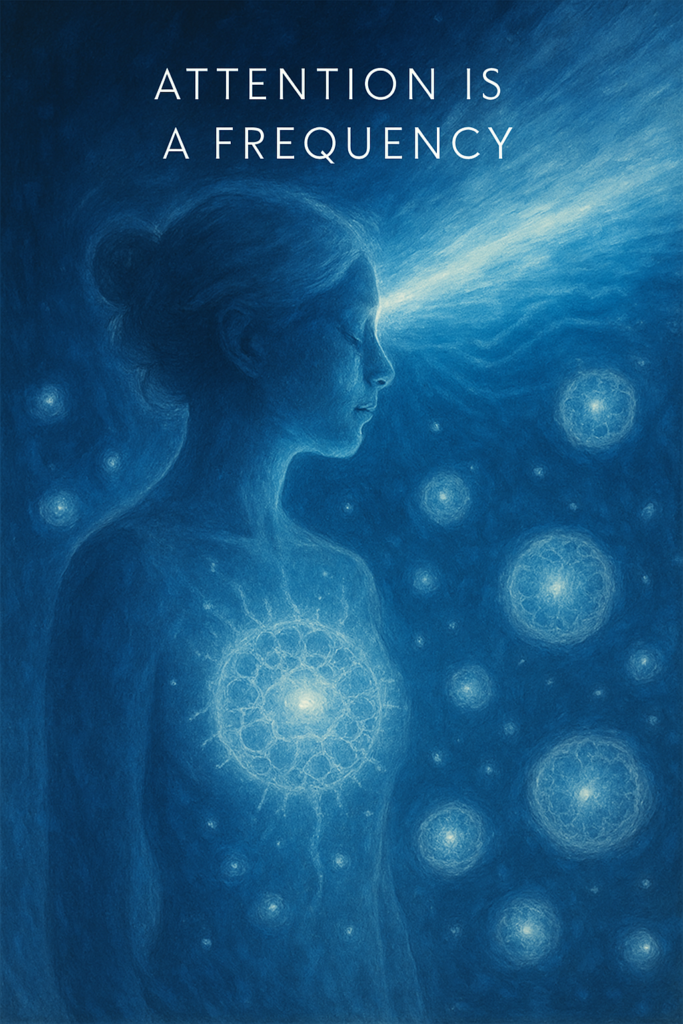The vagus nerve, also known as the tenth cranial nerve (CN X), is a critical component of the parasympathetic nervous system. It has extensive physical and emotional functions due to its wide distribution throughout the body and its role in regulating key physiological and psychological processes. Here’s an overview:
Physical Functions of the Vagus Nerve
The vagus nerve affects numerous organs and systems:
- Autonomic Regulation (Parasympathetic Role)
- Promotes relaxation and recovery by counterbalancing the fight-or-flight response.
- Reduces heart rate and promotes calmness through its influence on the sinoatrial node of the heart.
- Digestive System
- Stimulates digestion by increasing motility (peristalsis) in the gastrointestinal tract.
- Enhances the secretion of digestive enzymes and bile.
- Controls sensations from the gut to the brain (gut-brain axis).
- Respiratory System
- Modulates the rate and depth of breathing.
- Helps regulate airway diameter.
- Cardiovascular System
- Controls blood pressure through baroreceptor reflexes.
- Reduces cardiac output during rest.
- Immune System
- Influences inflammation by modulating cytokine production through the “inflammatory reflex.”
- Plays a role in maintaining gut health and the microbiome, which impacts immune function.
- Speech and Swallowing
- Regulates muscles of the larynx and pharynx for speaking and swallowing.
- Reflexes
- Mediates reflex actions like coughing, sneezing, and vomiting.
Emotional and Psychological Functions
The vagus nerve also plays a vital role in emotional regulation and psychological well-being:
- Stress Response and Relaxation
- Promotes relaxation by activating the parasympathetic nervous system, lowering cortisol levels.
- Facilitates recovery from stressful situations, aiding emotional resilience.
- Social Engagement
- Supports the “social engagement system” (per Polyvagal Theory), influencing facial expressions, vocal tone, and emotional connection.
- Helps regulate emotions during social interactions by fostering feelings of safety and trust.
- Mood Regulation
- Stimulates the production of neurotransmitters such as serotonin and GABA, which influence mood and anxiety levels.
- Modulates the limbic system, which processes emotions.
- Trauma and Emotional Health
- Dysfunction in the vagus nerve is linked to difficulties in emotional regulation, anxiety, and trauma responses.
- Stimulating the vagus nerve (e.g., through vagus nerve stimulation therapy or practices like yoga) can help alleviate symptoms of PTSD and depression.
- Gut-Brain Axis
- Plays a key role in the communication between the gut and brain.
- Affects mood and cognition by relaying signals from the microbiome to the brain.
Supporting and Healing Vagus Nerve Health
You can enhance the function of the vagus nerve and its benefits through practices like:
- Deep diaphragmatic breathing.
- Meditation and mindfulness.
- Singing, humming, or chanting.
- Cold exposure (e.g., splashing cold water on the face).
- Yoga and tai chi.
- Maintaining a healthy diet and microbiome.
- https://www.youtube.com/watch?v=zUx5kLFyx-M
- How to Reset Your Vagus Nerve…This Will Change Your Life! Dr. Mandell
- Laughing Yoga: Five minutes instructional laughter yoga video
- Enroll in the Online Laughter Yoga Leader Course with Dr. Madan Kataria
The vagus nerve is crucial for maintaining a balance between physical health and emotional well-being, emphasizing its role as a bridge between the body and mind.
I hope you can see the importance of the vagus nerve and can join the dots together metaphysically.





